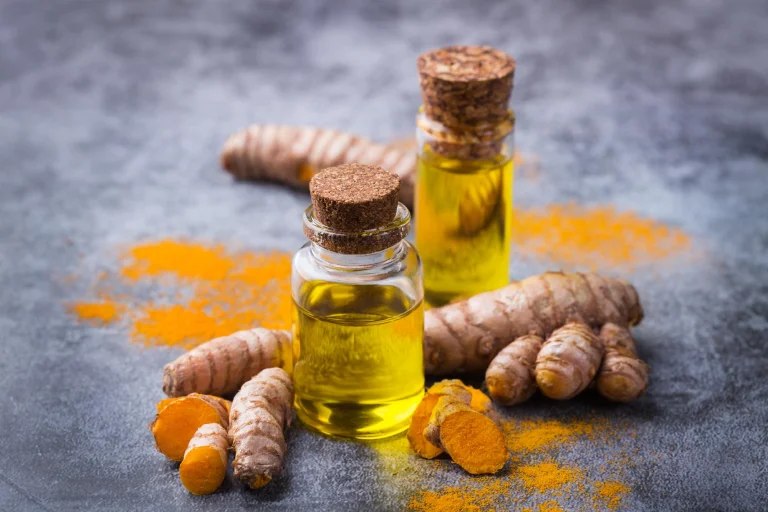
- Home
- About
- Our Team
- Services
- Postoperative Care
- Smile Gallery
- Medical Tourism
- Blog
- Offers
- Contact Us
- Home
- About
- Our Team
- Services
- Postoperative Care
- Smile Gallery
- Medical Tourism
- Blog
- Offers
- Contact Us

Tooth infection causes throbbing persistent toothache that spreads to the jaw, ear or neck if it is not treated immediately. Tooth infection, along with its intense pain, also causes fever, swelling or sensitivity to hot and cold foods. Only professional dental visits and treatments can completely recover you from a tooth infection. Still, some strong natural antibiotics help alleviate the discomfort and manage the pain.
Let’s discuss some of the strong natural antibiotics for tooth infection along with their benefits, how to use them and when to visit the dentist for tooth infection.
When a bacteria enters the soft tissue inside the tooth called pulp through a cavity, crack, or gum disease, then a tooth infection develops. A tooth infection can lead to pus buildup, swelling, and intense radiating pain.
Common symptoms of tooth infection include,
These signs should never be ignored, as tooth infection can even kill you. However, while you’re waiting for a dental appointment or if you’re in a situation where immediate care isn’t available, these natural antibiotics may help.
Garlic is one of the most powerful natural antibiotics, as it can fight a wide range of bacteria because garlic contains allicin, a compound with strong antimicrobial and anti-inflammatory properties.
Clove oil contains eugenol, a natural anaesthetic and antibacterial agent. Eugenol in clove oil helps to numb the area, reduce pain, and fight infection.
Turmeric has powerful anti-inflammatory and antibacterial properties due to its active compound, curcumin. This compound helps reduce swelling and fight bacterial infection.
A salt water rinse is a simple yet effective remedy for reducing inflammation and fighting bacteria. It can draw out pus and ease discomfort.
Coconut oil has antimicrobial properties due to the presence of lauric acid. So, oil pulling helps reduce bacteria and promotes overall oral hygiene.
Oregano oil is rich in carvacrol and thymol, which both have powerful antibacterial and antioxidant effects. It helps eliminate infection and reduce inflammation.
Natural remedies may help only to manage symptoms temporarily and they do not cure a tooth infection. Professional dentists must treat a tooth infection. The treatments involve,
You must see a dentist immediately if you experience,
Delay in tooth infection treatment can lead to serious complications that include the spread of infection to the bloodstream (sepsis), bone loss, or damage to nearby tissues.
Tooth infections are more than just a dental issue because when they are left untreated, they can lead to more serious complications. Dental treatment is the only way to get a complete cure from a tooth infection, but using strong natural antibiotics like garlic, clove oil, turmeric, and others can help alleviate the pain by fighting the bacteria.
If you are having a tooth infection, use natural antibiotics as a support to fight the bacteria and alleviate the pain, but consult with your dentist and get a treatment to get rid of the tooth infection completely. Contact Oris Dental Center for treating a dental abscess.